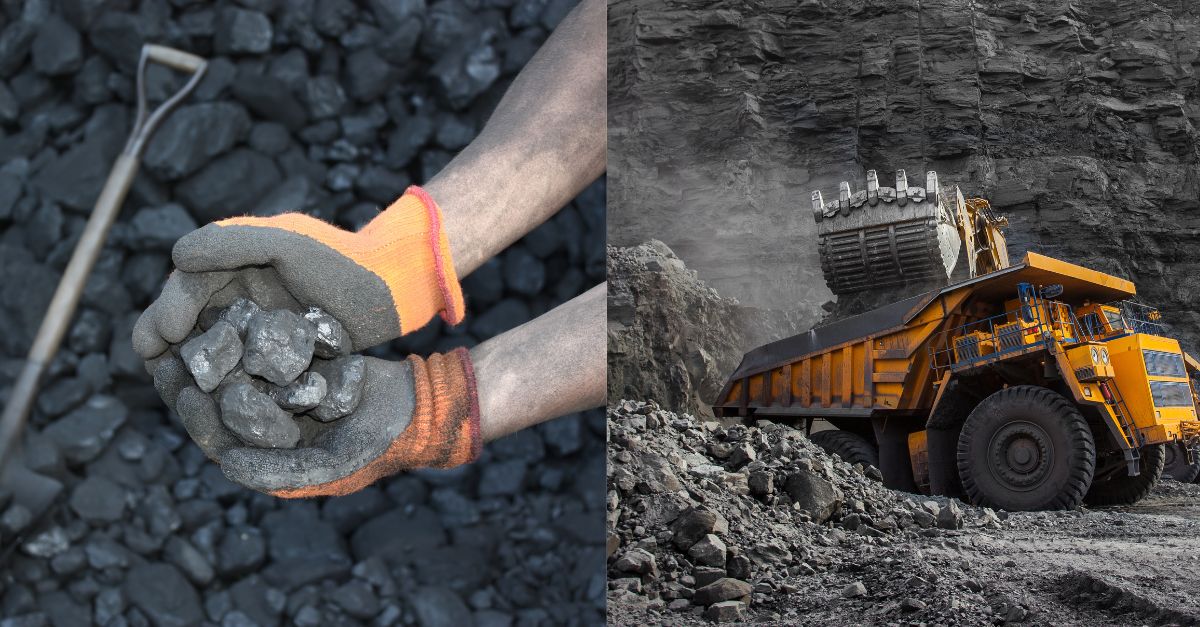India–US Trade Tensions Rise Over Steel and Auto Tariffs NMDC Limited reports a 38% drop in Q4 FY24 consolidated net profit RINL to Raise $23 Million Through Land Sales Amid Crisis

China’s response to tariffs imposed during former U.S. President Donald Trump’s administration is expected to significantly impact global coking coal trade flows and prices. As China remains the world’s largest consumer of coking coal, any shift in its sourcing strategy could disrupt the global supply chain and pricing dynamics.
Following the trade tensions, China has reduced its reliance on U.S. coking coal imports, turning to alternative suppliers such as Australia, Mongolia, and Russia. This redirection has influenced pricing trends, with Australian coal seeing a surge in demand, while U.S. coal producers have been forced to explore new markets. The geopolitical shifts have created volatility in coal pricing, as demand-supply imbalances lead to fluctuations in international benchmark rates.
The restructuring of trade flows has also had broader implications for steel production costs. Coking coal is a key ingredient in steelmaking, and disruptions in supply routes affect steel manufacturers worldwide. Countries dependent on U.S. coal may now face higher costs due to limited availability, while suppliers catering to China’s growing demand could experience price hikes.
As global trade relations evolve, the long-term impact of China’s trade retaliation will continue to shape the coking coal market. Industry players are closely monitoring policy changes and trade agreements that could further redefine supply chains, impacting coal producers, steel manufacturers, and international market stability.
Also Read : Mission Tibetan Hydropower : Baogang ensures steel supply for the project. China's rare earth curbs threaten India's auto sector, EV production